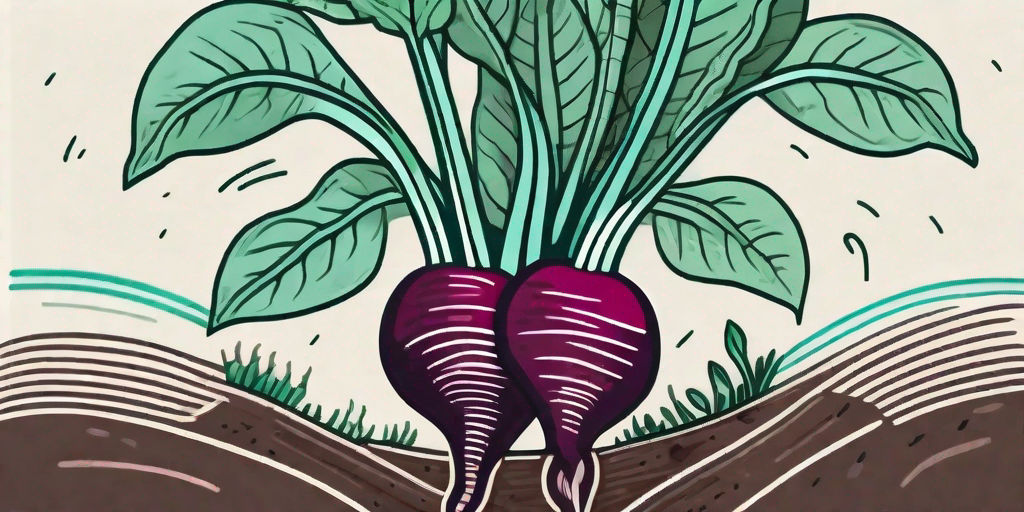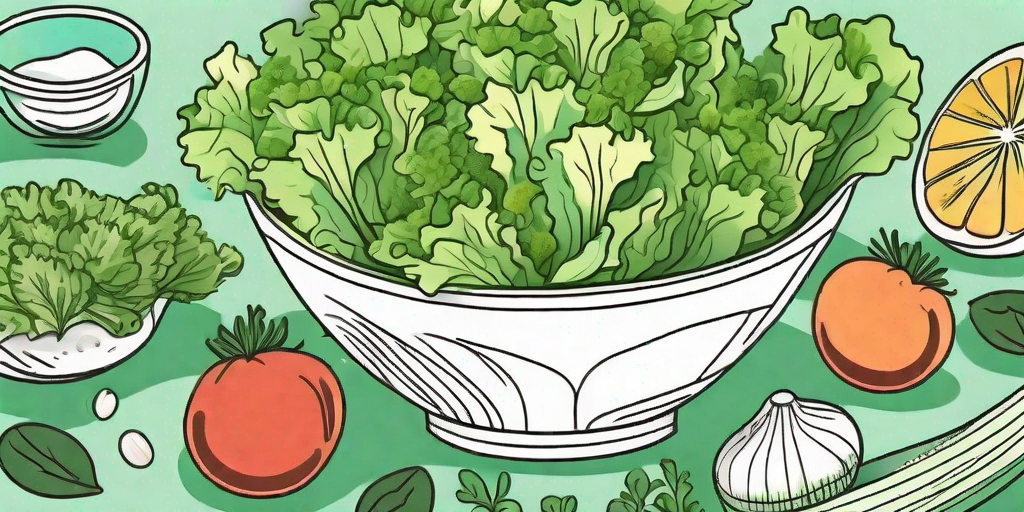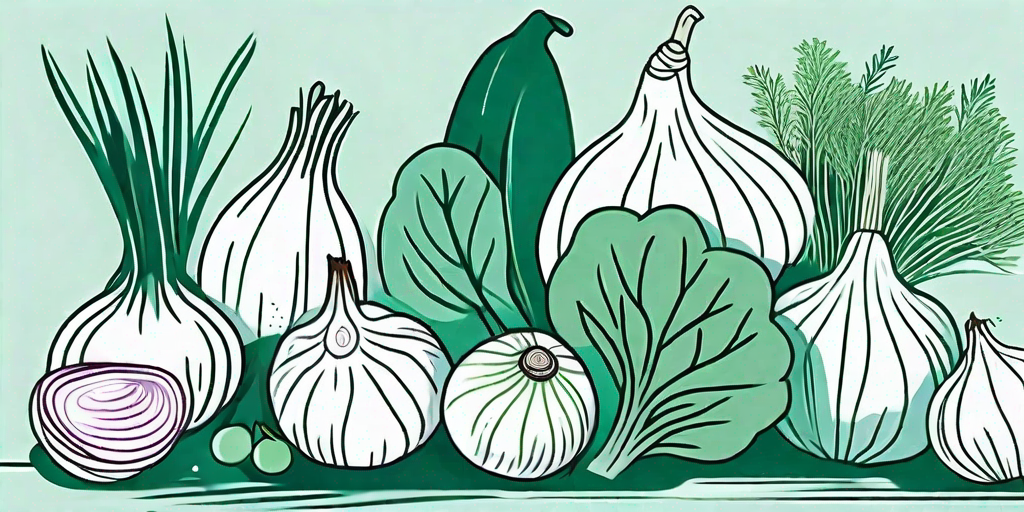
Beets, those vibrant, sweet, and earthy delights, are a gardener's dream. They're not just a feast for the eyes, but also for the taste buds. But, how do you grow beets that are juicy, sweet, and perfectly tender? The secret lies in the soil nutrition. Let's dig in, shall we?
Understanding the Beet Basics
Before we dive into the nitty-gritty of soil nutrition, let's get to know our subject a bit better. Beets, or Beta vulgaris, are a root vegetable known for their deep crimson color and sweet, earthy flavor. They're a versatile veggie, perfect for salads, roasts, or even in a cake (yes, you read that right).
Beets are a cool-season crop, which means they prefer to grow in cooler temperatures. They're also a relatively easy plant to grow, making them a great choice for beginners. But, like any plant, they have their preferences. And when it comes to soil, beets are a bit picky.
Beet's Soil Preferences
Beets prefer a well-draining soil with a pH between 6.0 and 7.0. They're not fans of heavy, clay soils, as this can hinder root development. Instead, they prefer a loose, sandy soil that allows their roots to expand freely.
But it's not just about the texture. The nutritional content of the soil is also crucial. Beets need a good balance of nutrients to grow big and juicy. And that's where soil nutrition comes into play.
The Secret to Perfect Soil Nutrition
So, what's the secret to perfect soil nutrition for growing juicy beets? It's all about balance. Beets need a good mix of macronutrients (those needed in large amounts) and micronutrients (those needed in smaller amounts).
But, it's not just about throwing in a bunch of fertilizers and hoping for the best. It's about understanding what your soil needs and providing it in the right amounts. Too much of a good thing can be just as bad as not enough.
Macronutrients for Beets
The main macronutrients that beets need are nitrogen, phosphorus, and potassium. Nitrogen promotes leafy growth, phosphorus aids in root development, and potassium helps with overall plant health.
However, beets are a bit unique in their nutrient needs. They prefer a lower amount of nitrogen compared to phosphorus and potassium. Too much nitrogen can lead to lots of leafy growth but small roots, which is not what we want when growing beets.
Micronutrients for Beets
While needed in smaller amounts, micronutrients are still crucial for beet growth. These include calcium, magnesium, and boron. Calcium and magnesium help with cell structure and photosynthesis, while boron aids in root development.
Again, balance is key. Too much or too little of these nutrients can lead to problems. For example, a boron deficiency can lead to black spots on the roots, while a calcium deficiency can cause hollow heart, a condition where the center of the beet becomes hollow.
How to Improve Soil Nutrition
Now that we know what beets need, how do we provide it? There are several ways to improve soil nutrition, from organic matter to fertilizers. The key is to test your soil first to know what it needs.
Adding compost or well-rotted manure is a great way to improve soil structure and add nutrients. These materials break down slowly, providing a steady supply of nutrients to your beets.
For a quick nutrient boost, you can use a balanced fertilizer. Look for one with a lower nitrogen content to meet the unique needs of beets. You can also use specific nutrient supplements if your soil test shows a deficiency in a certain nutrient.
FAQs
How often should I fertilize my beets?
Generally, beets should be fertilized at planting and again mid-season. However, this can vary depending on your soil and the type of fertilizer you're using. Always follow the package instructions for best results.
Can I use coffee grounds as a fertilizer for beets?
Yes, coffee grounds can be used as a fertilizer for beets. They're a good source of nitrogen and help to acidify the soil, which beets prefer. However, they should be used in moderation, as too much can lead to nitrogen overload.
Conclusion
So there you have it, the secret to growing juicy beets lies in the soil nutrition. By understanding the unique nutrient needs of beets and providing them in the right amounts, you can grow beets that are not only beautiful but also deliciously sweet and tender. Now, go forth and grow some beets!











